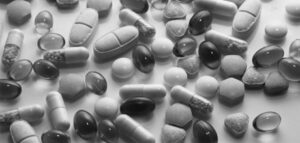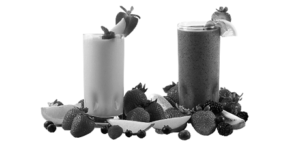Turmeric: A study has shown that older adults in India are 4.4 times less likely to develop Alzheimer’s than the same demographic in the UK. Turmeric also has anti-inflammatory abilities to protect cell erosion and carries antioxidant effects that fight against breakdown in cell membranes.
Berries: These sweet fruits are rich in polyphenols, especially anthocyanins, shown in studies to increase sharpness and speed of processing in areas of our brain function that are the first to go as we get older.
Avocado: Foods rich in polyunsaturated and monounsaturated fatty acids will help your head and your heart. Stick to healthy fats only, of which avocadoes have many, and skip trans and saturated fats. Swapping avocado for butter in a lot of your traditional baked good recipes, such as cakes and breads, can provide the same emulsifying effect (and taste), but with an added cardiovascular and neuro-protective effect.
Orange fruits and veggies: Such as sweet potatoes, carrots, melon, butternut squash, and oranges serve as great defenders of cell breakdown, causing better brain function into older age.
Chickpeas: Chickpeas have high vitamin-B content (like B6 and folate), meaning lots of brain benefits. In our bodies, folate is responsible for the conversion of homocysteine, a byproduct of cellular metabolism, into methionine, which is another amino acid. High levels of homocysteine are responsible for blood vessel damage.



